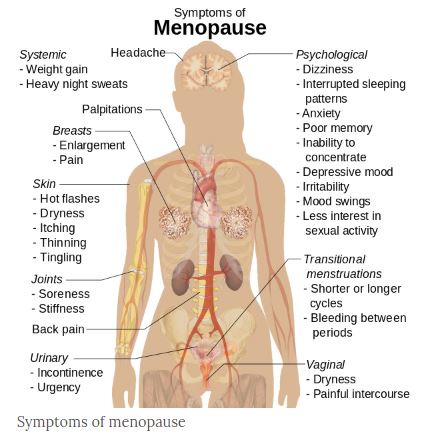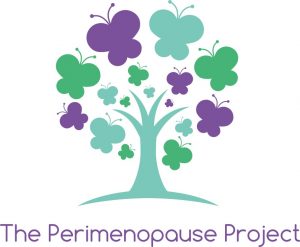Hi! I’m Dr Ruth Hadfield, PhD, and I’m excited to announce the launch of The Perimenopause Project.
The aim of The Perimenopause Project is:
1. To translate the latest research into knowledge that women and health-practitioners can put into everyday practice.
2. To empower women to recognise and take action to alleviate their symptoms.
3. To collect and share ‘experiences’ from everyday women aged 45-55 on their journey through the perimenopause.
I am a medical writer, author and scientist with a PhD in the area of obstetrics & gynaecology research. I focus on the process of translating medical research into clinical practice. As a woman in the 45-55 year bracket I am also all too aware of the issues faced by women in the menopausal transition. I believe there is a lack of awareness about symptoms, treatments and evidence-based interventions that can assist women through this sometimes difficult time in their lives.
Even though I conduct research using medical literature every day as a medical writer as I tried to find information on the menopause I was shocked. The sheer volume of information is overwhelming, not to mention the many articles and new treatments which are not evidence-based. I became determined to provide a quality, evidence-based resource for women that would be updated regularly. I also wanted to provide a repository of experiences so that women can be empowered and learn from others experiences. I would also love for you to (anonymously) participate by sharing your personal experience of the perimenopause for the benefit of other women. I will be curating these ‘experiences’ into a book which will be available in 2018. Watch this space.
I encourage you to sign up using the form on the right, and in return you will get my FREE evidence-based checklist: ‘10 simple, scientifically proven strategies that could ease your peri-menopausal symptoms.‘ Do ensure you are kept up to date, please Follow my Facebook Page where I regularly post perimenopause related news that is based on scientific evidence. Thank you!
What is the perimenopause?
The perimenopause is the period of time before a woman ceases to menstruate. Once menstruation has stopped for a full year a woman is said to be menopausal. However, it is the lead up to this time – the perimenopause, or ‘time around’ the menopause – that is associated with many symptoms for some women. This stage may also be called the ‘menopausal transition’. You can read more about the stages of the menopause here.
The perimenopause typically begins when a woman is in her mid-40s when the number of ovules in the ovaries decreases and the ovaries produce less estrogen. The perimenopause is characterized by fluctuating estrogen and women tend to have varied symptoms from month to month in the early stages. This phase can last anywhere from a few months, through to an average of 4 years, but in some women as long as 12 years. You can read more here.
Some women experience an early menopause (or induced menopause) due to surgery, chemotherapy or radiotherapy and are also at risk of menopause symptoms. This site is for you too!
What are the symptoms of the perimenopause?
There are a multitude of symptoms that women experience during the perimenopause. Some of the more common ones are mood swings, night sweats, weight gain, sore joints, sleep problems and anxiety. These symptoms often commence when menstrual cycles are still regular and women may often not associate their symptoms with the perimenopause. This is further complicated by the fact that many women may still be on the oral contraceptive pill which may mask their changing hormones to some degree.
Many of these symptoms are a result of fluctuating hormone levels, but particularly estrogen levels that are abnormally high in the second half of the menstrual cycle. This is called estrogen dominance.
So please subscribe and keep up to date with all the latest research. Also don’t forget to participate in my anonymous symptom survey so your experiences can help other women.
Thank you

